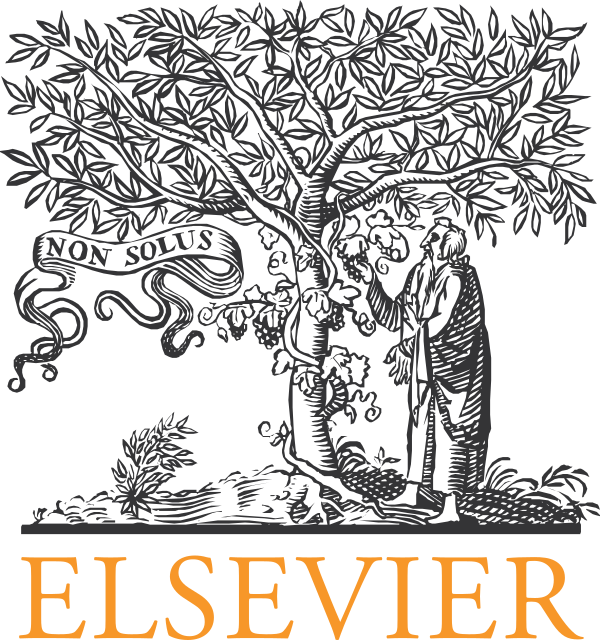Samuel Shem’s “The House of God,” published in 1978, is a seminal work in the genre of medical literature and a classic that continues to resonate with readers decades after its initial release. The novel offers a gripping, often darkly humorous, and candid portrayal of life inside a fictional teaching hospital, where the protagonist, a young intern known only as “The Fat Man,” navigates the trials and tribulations of medical training.
Plot and Structure: The novel follows “The Fat Man,” a newly minted medical intern, as he embarks on his grueling year at The House of God, a stand-in for the prestigious medical institutions where interns and residents face intense pressures. Through the lens of “The Fat Man,” Shem exposes the harsh realities and absurdities of hospital life, including the stress of long hours, the emotional and physical exhaustion, and the often impersonal nature of medical training.
The narrative is structured around the various experiences and patients encountered by “The Fat Man,” offering both a micro and macro view of the healthcare system. The novel is episodic, with each chapter focusing on different aspects of the intern’s journey, from the camaraderie among interns to the ethical dilemmas faced in patient care.
Themes and Commentary: At its core, “The House of God” is a critique of the dehumanizing aspects of medical training and the systemic issues within the healthcare system. The book tackles themes of burnout, the loss of empathy, and the commodification of patients, all while maintaining a darkly satirical tone. Shem’s depiction of the hospital is both a satire and a stark commentary on the culture of medical training, highlighting how the pressures of the system can erode the idealism and compassion of young doctors.
One of the novel’s most notable contributions is its exploration of the coping mechanisms that interns use to handle the intense stress of their work. The book introduces the concept of “The Rule of the House of God,” a set of unspoken rules that govern the interns’ interactions with patients and each other. These rules, often cynical and humorous, underscore the survival strategies adopted by those in the field.
Characterization and Writing Style: Shem’s writing is characterized by its sharp wit and insightful observations. The characters, while often exaggerated for comedic effect, are grounded in the real experiences of medical trainees. “The Fat Man” is a relatable protagonist, and his journey through the year of internship is portrayed with both empathy and critique. The supporting characters, including mentors, fellow interns, and patients, are vividly drawn and contribute to the novel’s rich tapestry of hospital life.
The novel’s style is conversational and irreverent, which serves to underscore its satirical edge. Shem’s ability to blend humor with critical analysis allows the reader to engage with serious issues without becoming overwhelmed by the gravity of the subject matter.
Impact and Reception: Upon its release, “The House of God” quickly garnered a reputation as a groundbreaking work in medical literature. It has been both celebrated and critiqued for its unflinching portrayal of the medical profession. Many medical professionals and students have found it to be a cathartic and validating read, reflecting their own experiences and frustrations. However, some critics argue that the novel’s cynical tone and portrayal of medical professionals can perpetuate negative stereotypes about doctors and the healthcare system.
Despite these criticisms, the book remains highly influential and is often recommended to medical students and professionals for its honest depiction of the challenges faced in medical training. It continues to spark discussions about the need for reform in medical education and the importance of maintaining empathy and compassion in patient care.
Conclusion: Samuel Shem’s “The House of God” is a powerful and provocative novel that offers an insightful critique of medical training and the healthcare system. Its blend of dark humor, satirical commentary, and poignant observations makes it a compelling read for both those within the medical field and those interested in the human aspects of medicine. The book’s enduring relevance speaks to its effectiveness in capturing the complexities and contradictions of life as a medical intern, making it a must-read for anyone seeking to understand the real-world experiences of those who enter the medical profession.






